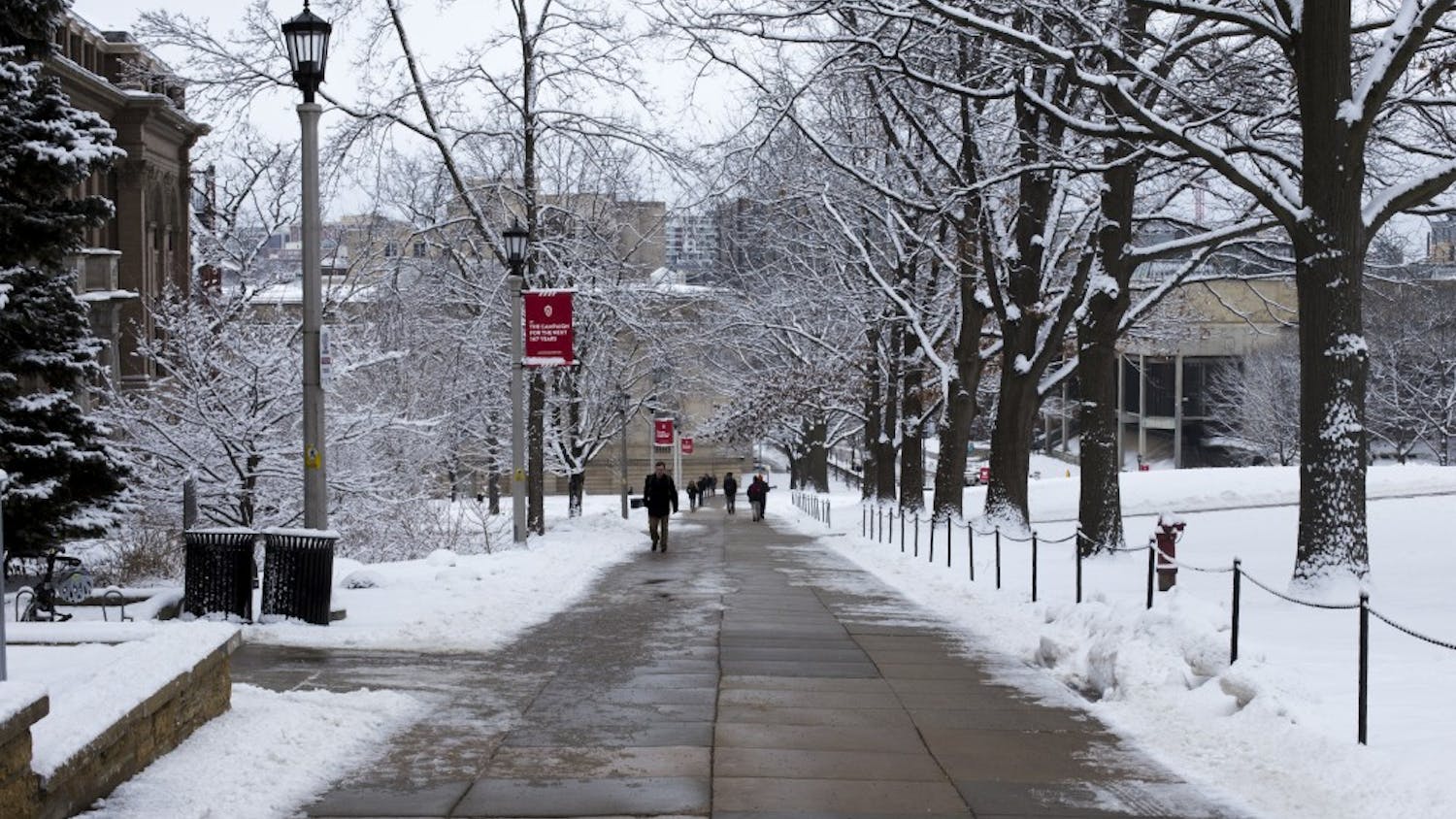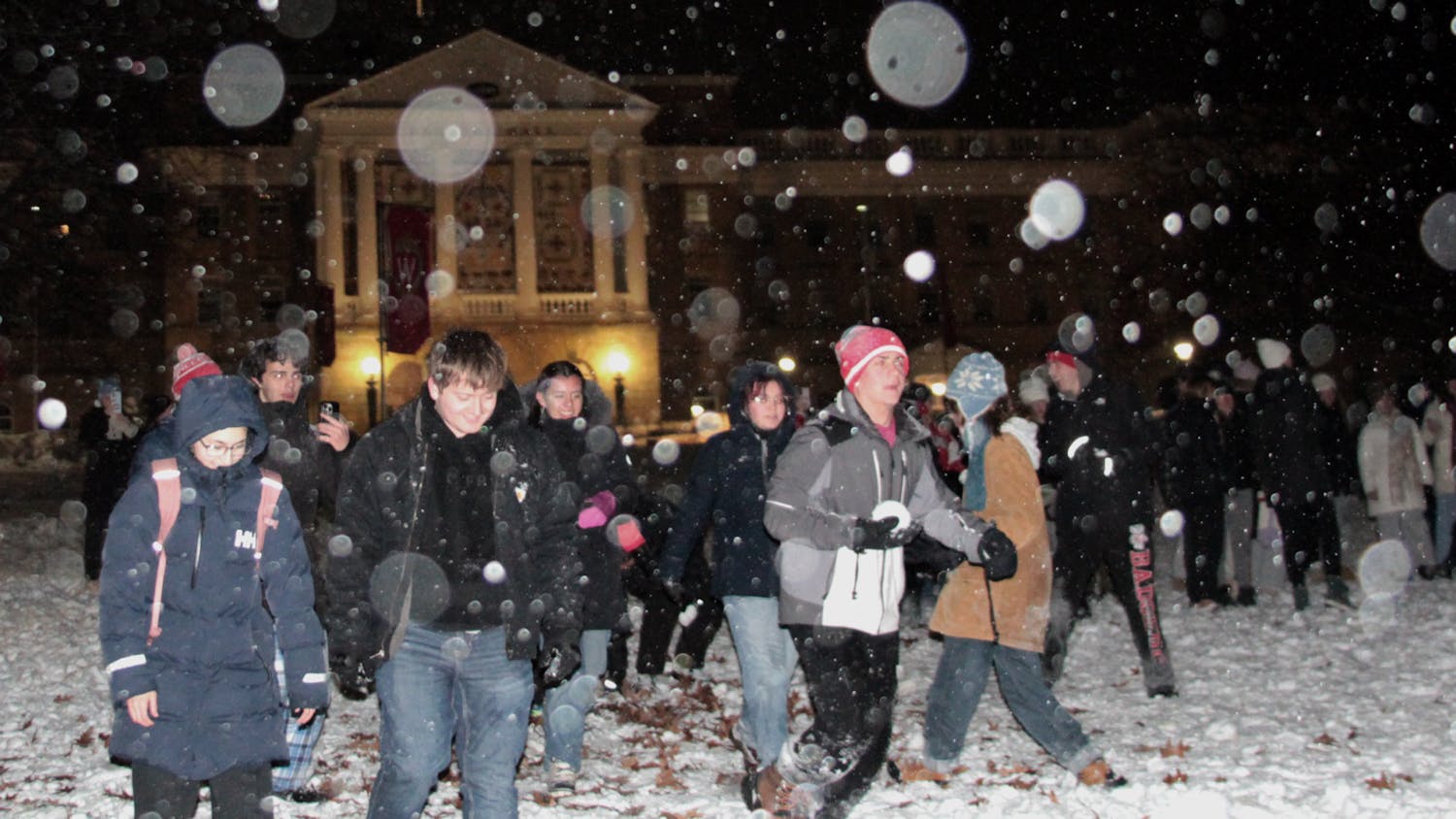In the wake of catastrophic natural disasters like Hurricane Helene and Hurricane Milton, Florida has become an example of the efforts to combat the devastating impacts of climate change.
While thousands grapple with the loss of homes and community, a new generation of voices — Gen Z influencers and political figures — has emerged, using social media to amplify the urgency of this global crisis.
Floridians, Georgia and North Carolina fought for their lives as these hurricanes destroyed their homes. The destruction was more than just physical; it left emotional scars for many families and was a “wake up call” that showcased just how badly climate change has evolved.
As the debris settles, scientists are delving into data, pinpointing human-caused climate change such as greenhouse emission, deforestation, harmful agricultural practices and more, as a significant factor in why we are having these extreme weather events. Climate change has been an ongoing environmental issue for many years now, and scientists have been warning the world of the consequences it could lead to. Now, we are experiencing these consequences first hand.
In a world where the stakes are rising, the influence of social media — particularly through — young, passionate and socially conscious individuals — is where people are able to harness the power of TikTok, Instagram and Twitter to advocate for climate action.
Figures such as Greta Thunberg, the Swedish climate activist known for her powerful speeches and school strike movement, have reached millions around the world demanding urgent action on climate change. Her commitment to environmental justice has sparked a global youth movement, demonstrating the power of individual voices in driving collective change.
If nothing is done to fight against this problem, the air we breathe will become even more toxic, the storms we face even more destructive. As residents of Wisconsin reflect on the implications of climate change, there are some steps we can take to make a difference:
Step 1. Support Local Initiatives — Join local environmental organizations or even just practice clean living. Pick up after yourself and avoid littering. It piles up.
Step 2. Reduce Carbon Footprint — Make conscious decisions in your daily life such as reducing single-use plastics and supporting businesses committed to sustainability.
Step 3. Educate Others — Use your own social media platform to share information about climate change and encourage others to take action. Take part in a “call to action” because the more we discuss these issues, the more likely we inspire others to act on positive change.
As we witness the destruction brought by these hurricanes and other climate-related events, it becomes evident the fight against climate change is more just an environmental one: it is a humanitarian one.
We strive for our world to be safe for all generations that come after us. The rise of influencers and their ability to mobilize and inspire change through social media is a sliver of hope, ultimately educating many people. Seeing these hurricanes emerge each year shows just how detrimental climate change is. Luckily, we have the power to help.






